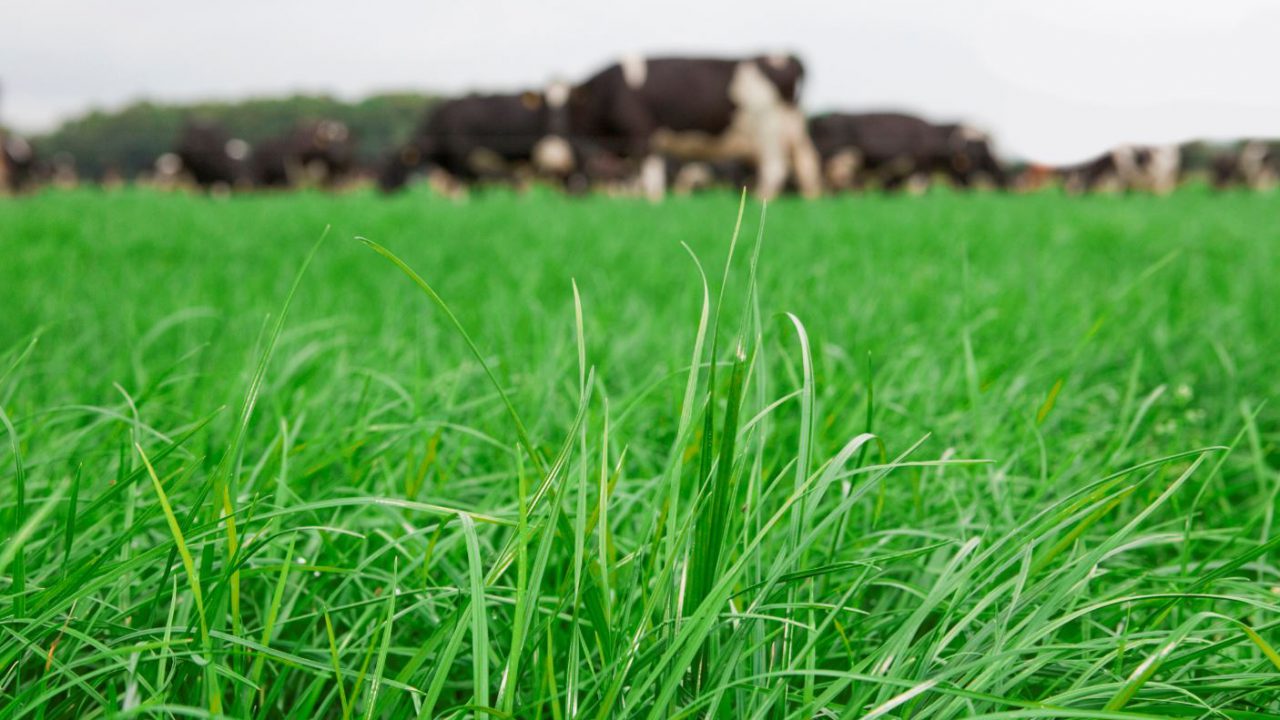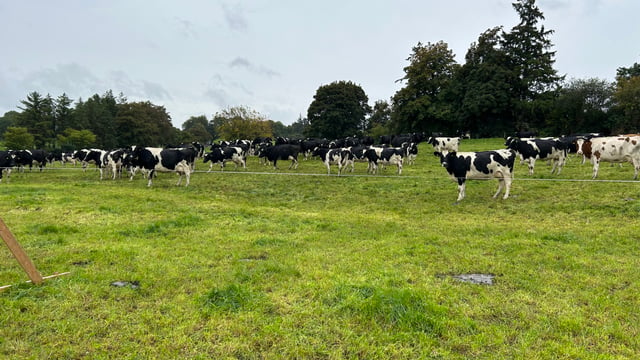Govt identifies agri-'opportunities' associated with climate change
A number of "opportunities associated with climate change" have been identified for the Irish agriculture sector, according to the Department of the Environment, Climate and Communications.
They were detailed in Ireland’s second National Adaptation Framework (NAF), which was published by Minister Eamon Ryan this week.
The new NAF sets out the potential implications of climate change for Ireland and outlines the national strategy for the development of adaptation measures.
Minister Ryan said: "While climate change itself is challenging, adaptation is equally challenging. It will require each sector, each utility company, each local authority to plan seriously for the inevitability of more extreme weather events.
"As an immediate action, we should embark on a process to green our cities and plant trees on almost every street, it will mitigate flooding, improve our air and reduce heat impact."
Identified in the NAF are "opportunities associated with climate change", with a number of sectors being featured.
Opportunities for agriculture resulting from climate change were referenced in the report.
The potential opportunities included:
- The extension of the growing season due to higher temperatures might result in increased grass yields and earlier harvests for crops, potentially requiring different crop varieties;
- The expected decrease in spring frost will result in less frost damage to spring crops, improving conditions for horticulture and reduce cold stress to livestock.
The NAF also identified opportunities for the forestry sector, as the expected increase in temperatures "will increase the length of the growing season and result in increased tree growth".
The framework also forecasted that "changing climate may enable the planting of less cold-sensitive tree species".
The report detailed that "research into climate-resilient farming practices, crop and livestock management, and the impact of climate change on food security will be critical" given "the importance of agriculture in Ireland".
The NAF outlined that "climate change presents one of the most complex challenges of our time, with discernible impacts already evident".
It added that "recent years have seen erratic weather patterns, exemplified by the extended wet periods in Ireland in 2023 and 2024, adversely affecting agricultural yields and harvests, underscoring the urgent need for proactive measures to reduce or remove its effects".
The report detailed that the Irish agriculture sector has "made good progress in terms of mainstreaming adaptation into new policies, planning and financing frameworks".
It added that "further outreach and engagement is needed to mainstream adaptation given the number of stakeholders involved and behavioural change needed".
Recent policies, plans and strategies for the sector provide examples of mainstreaming adaptation, such as the CAP Strategic Plan (2023-2027) which provides funding for and inclusion of adaptation measures.





